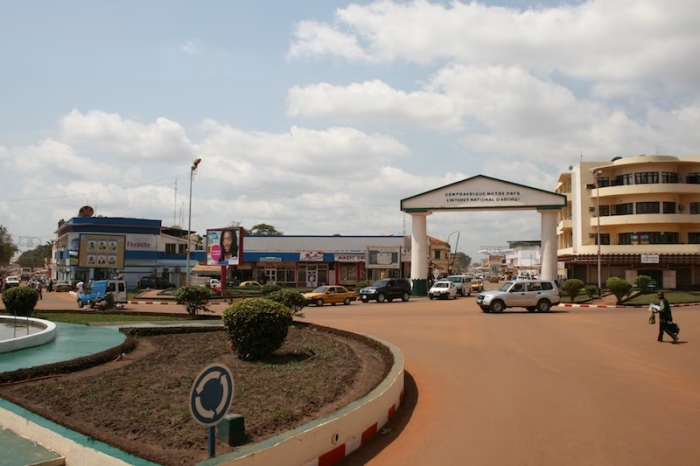The idea of unlocking the Central African Republic’s (CAR) economic potential through responsible investment and regional cooperation is inspiring — and conceptually sound. Yet, turning that vision into reality requires something more than ambition: it demands strategic realism and a clear sense of priorities.
Transforming the CAR into a meaningful player within the African Continental Free Trade Area (AfCFTA) is indeed the right goal. But the journey to get there is complex, and progress will depend on addressing the country’s deep-rooted challenges one step at a time.

The Promise: A Logistics Hub Waiting to Emerge
The vision for the CAR stands on two strong pillars.
First, its geography is a strategic gift. Located literally at the heart of Africa and surrounded by six countries, the nation has the potential to become a natural logistics crossroads. Trade corridors linking Cameroon to South Sudan or Chad to the two Congos could easily pass through its territory — shortening routes, reducing costs, and strengthening economic integration across Central Africa.
Second, the AfCFTA offers the framework to finally move beyond dependence on raw materials like gold, diamonds, and timber — resources that have too often been tied to conflict and inequality. Access to a continental market could empower Central African entrepreneurs and small businesses to grow in agribusiness, renewable energy, logistics, and value-added services, helping the country participate in Africa’s broader economic transformation.
The Reality in Central African Republic’s (CAR): Challenges That Cannot Be Ignored
Yet, this potential collides with a difficult reality — and ignoring it would be a strategic mistake.
Security and Stability:
No investor will commit to a country where safety cannot be guaranteed. Large parts of the CAR remain outside state control, dominated by armed groups. Without peace and a basic sense of security, neither responsible investment nor sustainable development can take root. Peace, security, and growth are inseparable.
Governance and Institutions:
The state’s institutional weakness continues to hinder progress. Corruption, fragile governance, and unpredictable regulations create uncertainty for investors. Frameworks like the Principles for Responsible Investment in Africa (PRIA) can help, but they require strong institutions to enforce them — and building that capacity will take time.
Infrastructure and Human Capital:
Geography alone cannot create a logistics hub. Roads remain in poor condition, access to electricity is among the lowest globally, and human capital is scarce. To compete in a free trade environment, Central African SMEs need training, technology, and access to energy — essentials that are still in short supply.
A Realistic Roadmap: From Vision to Implementation
The transformation of the CAR doesn’t demand a utopian master plan. What it needs is sequenced, pragmatic action.
Responsible investment should be the cornerstone of reconstruction — not just to attract capital, but to break the cycle of instability linked to resource exploitation. Every mining or energy project must bring transparency, local employment, and environmental protection, building legitimacy from the ground up.
Regional cooperation with CEMAC and neighboring countries must also become more practical. Instead of aiming to build an entire national road network, focus should begin with one high-impact success: for instance, securing and revitalizing the Bangui–Douala corridor, the country’s economic lifeline. A single, functioning trade route could serve as a model for replication elsewhere.
In this gradual process, digital platforms like ProdAfrica Business Directory can play a crucial role — not as magic solutions, but as enablers. By giving visibility to businesses operating within these emerging “pockets of stability,” ProdAfrica helps connect them with investors, partners, and regional networks that can amplify their impact.
From Potential to Progress
The Central African Republic stands at a crossroads. The vision of integration and shared prosperity is valid, but achieving it requires patience, focus, and realism.
The path forward is clear:
- Consolidate peace and strengthen governance in key regions.
- Develop secure economic corridors where investment can flourish and success stories can emerge.
- Scale up gradually, expanding stability and prosperity as conditions allow.
The country’s future will not be built overnight, nor through grand declarations. It will emerge from a series of pragmatic victories — each one small, tangible, and cumulative. Over time, these steps can transform potential into real, shared, and lasting prosperity for the people of the Central African Republic.

Team ProdAfrica
team@prodafrica.com